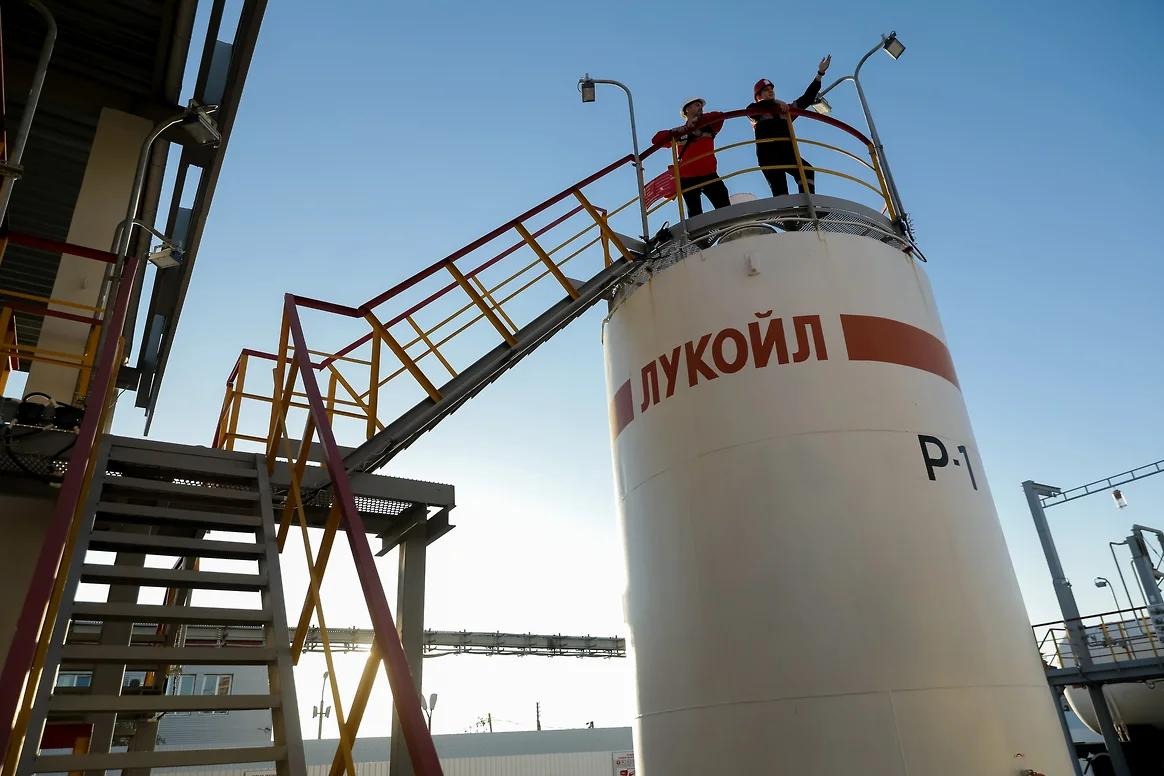ARSENISHVILI BLINKS.
ARSENISHVILI BLINKS.
Moscow’s political, economic and military pressures on Georgia are designed to force a change in the country’s choice of a Western orientation. More than one year after Vladimir Putin–as prime minister of Russia in late 1999–took personal charge of that campaign, the leadership in Tbilisi seems to be holding up well to the pressure, steadfastly adhering to its chosen course in foreign and security policies and economic relations. It was not until this week that a top official–the minister of state (equivalent to prime minister). Giorgi Arsenishvili–showed at least momentarily a disposition to yield to the pressure. Returning from discussions in Moscow on bilateral economic issues, Arsenishvili seems to be recommending an adjustment of Georgia’s political and strategic course in an interview just published in the Georgian government’s two daily newspapers.
Arsenishvili defines Russia as Georgia’s “closest neighbor”–a familiar political reinterpretation of the facts of geography by those political leaders on Russia’s periphery who believe in the necessity of special relations with Moscow. He goes on to describe Russia as “the country which has throughout history, for the last three to four centuries at least, exercised influence on the situation in Georgia.” And he argues that, irrespective of Moscow’s steps such those involving visas, “we have an obligation to think about how to shape good-neighborly relations” with Russia.
That logic would place on Georgia the onus of improving relations with a bullying Moscow. Such an attitude might only make sense if Georgia found itself alone facing Russia. That is not the case, however. Arsenishvili’s arguments, moreover, seem to elevate Georgia’s relations with Russia above the relations with Georgia’s other neighbors, who are no less “close” geographically and who are proven partners, to wit Turkey and Azerbaijan–the latter a partner of Georgia in GUUAM as well.
Arsenishvili argues, furthermore, that “Georgia will manage to resolve its key problem, the Abkhaz issue, only through settling the relations with Russia.” He goes on to assert that “in Russia’s executive bodies, intelligent people have come to power who understand that having [good] relations with Georgia means receiving the key to the Caucasus.” The first part of this argument would reward Moscow’s strategy of using Abkhazia as a lever of pressure for changing Georgia’s foreign policy. The second part would seem to suggest–whether intentionally or inadvertently–a separate deal between Tbilisi and Moscow at the expense of Azerbaijan and Turkey, not to mention Georgia’s existing special relationship with the United States. None of those countries would want Tbilisi to hand over “the key to the Caucasus”–if indeed Tbilisi holds that key.
The day after the publication of Arsenishvili’s interview, President Eduard Shevardnadze issued a statement hailing Georgia’s close relations with the United States and underscoring his personal relations with U.S. leaders. Time will tell whether Arsenishvili’s interview was a one-time aberration or a harbinger of a change in elite opinion. At the moment, no Georgian leader would subscribe to Arsenishvili’s suggestions (Svobodnaya Gruziia, Sakartvelos Respublika, cited by Prime-News and Russian news agencies, December 13; Tbilisi Radio, December 14; see the Monitor, October 24, November 16, December 1, 4-6, 8, 11; Fortnight in Review, September 22, November 3, December 1).
The Monitor is a publication of the Jamestown Foundation. It is researched and written under the direction of senior analysts Jonas Bernstein, Vladimir Socor, Stephen Foye, and analysts Ilya Malyakin, Oleg Varfolomeyev and Ilias Bogatyrev. If you have any questions regarding the content of the Monitor, please contact the foundation. If you would like information on subscribing to the Monitor, or have any comments, suggestions or questions, please contact us by e-mail at pubs@jamestown.org, by fax at 301-562-8021, or by postal mail at The Jamestown Foundation, 4516 43rd Street NW, Washington DC 20016. Unauthorized reproduction or redistribution of the Monitor is strictly prohibited by law. Copyright (c) 1983-2002 The Jamestown Foundation Site Maintenance by Johnny Flash Productions


